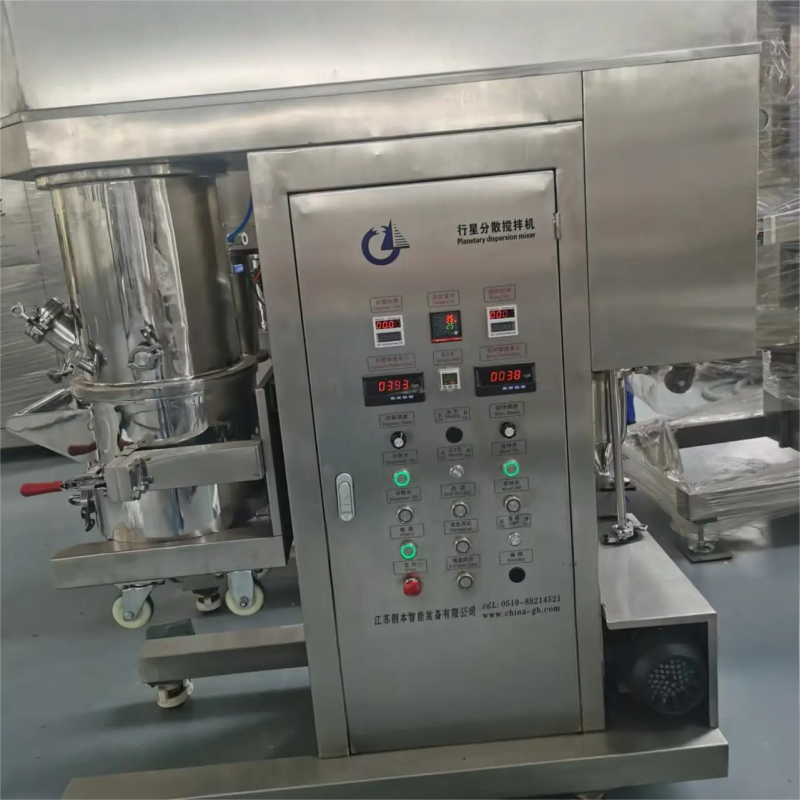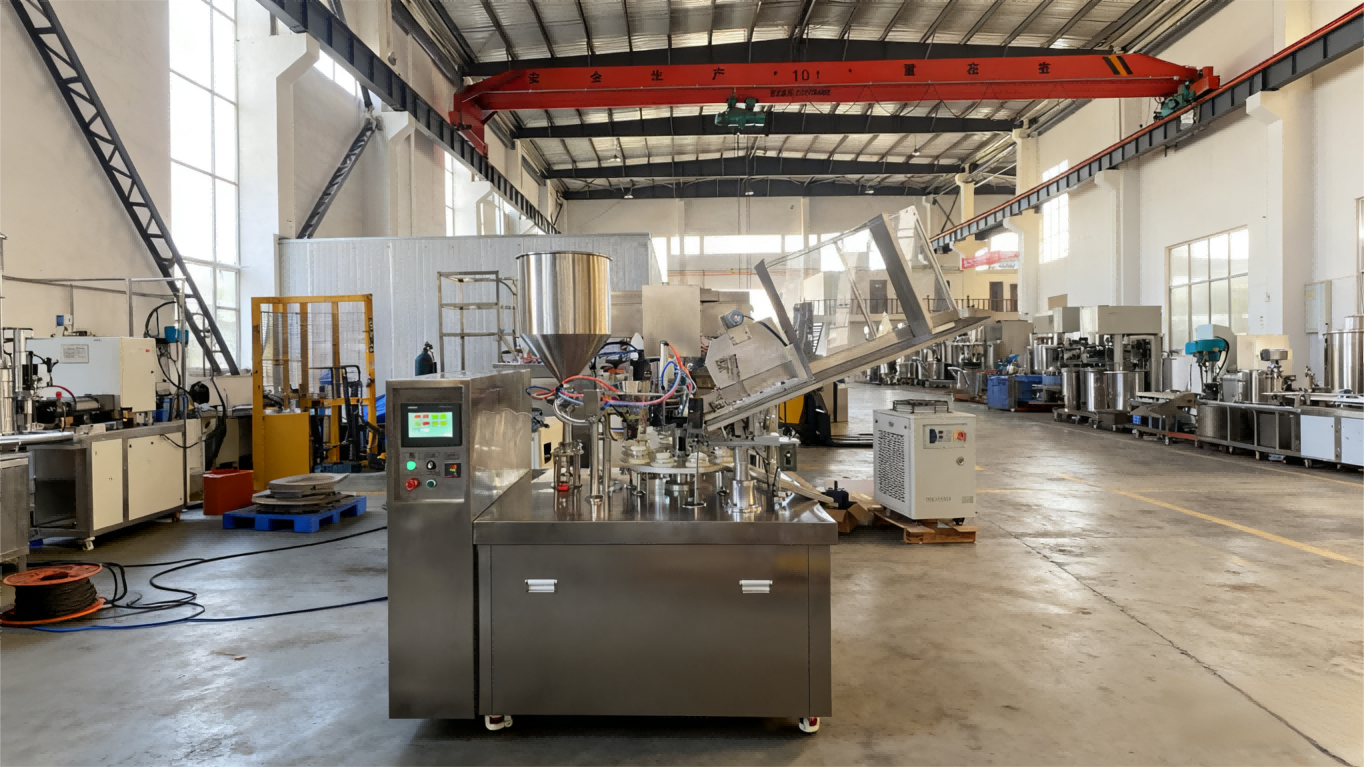Customized Twin-Shaft Planetary Mixers: Empowering Steel Manufacturers
Twin-shaft planetary mixers have become pivotal in modern steel manufacturing, where precision mixing of high-viscosity alloys, fluxes, and binding agents directly impacts product integrity. For steel manufacturers handling diverse materials and fluctuating production demands, off-the-shelf equipment often falls short. Customized solutions, however, tailored to material properties and operational needs, are redefining efficiency.
Case Study: A Mid-Sized Steel Producer’s Transformation
A regional steel manufacturer specializing in high-strength alloy components faced two critical challenges: inconsistent mixing of viscous molten fluxes (up to 80,000 cP) and difficulty scaling production from 500kg to 2-ton batches. Standard mixers struggled with uneven heat distribution and rigid capacity limits, leading to 12% material waste and delayed deadlines.The solution came in a customized twin-shaft planetary mixer. Its modular design addressed both pain points: specialized helical helical agitators with 3mm clearance to the vessel wall ensured thorough blending of high-viscosity fluxes, while a detachable 500L-to-2000L vessel system allowed quick switching between batch sizes—reducing changeover time by 40%.
Modular Design: Adapting to Material and Capacity Needs
Material viscosity dictated core design choices. For the manufacturer’s high-viscosity fluxes, the mixer integrated a dual heating jacket with precision PID temperature control (±2°C), preventing premature solidification. A tiltable vessel (30° angle range) facilitated complete material discharge, eliminating residue buildup that once caused 8% of defects.To match varying ,the system featured scalable drive units: a 75kW motor for large batches delivered 30% higher torque, while a 45kW variant optimized energy use for smaller runs. This flexibility cut energy consumption by 18% compared to using a single large mixer for all batches.
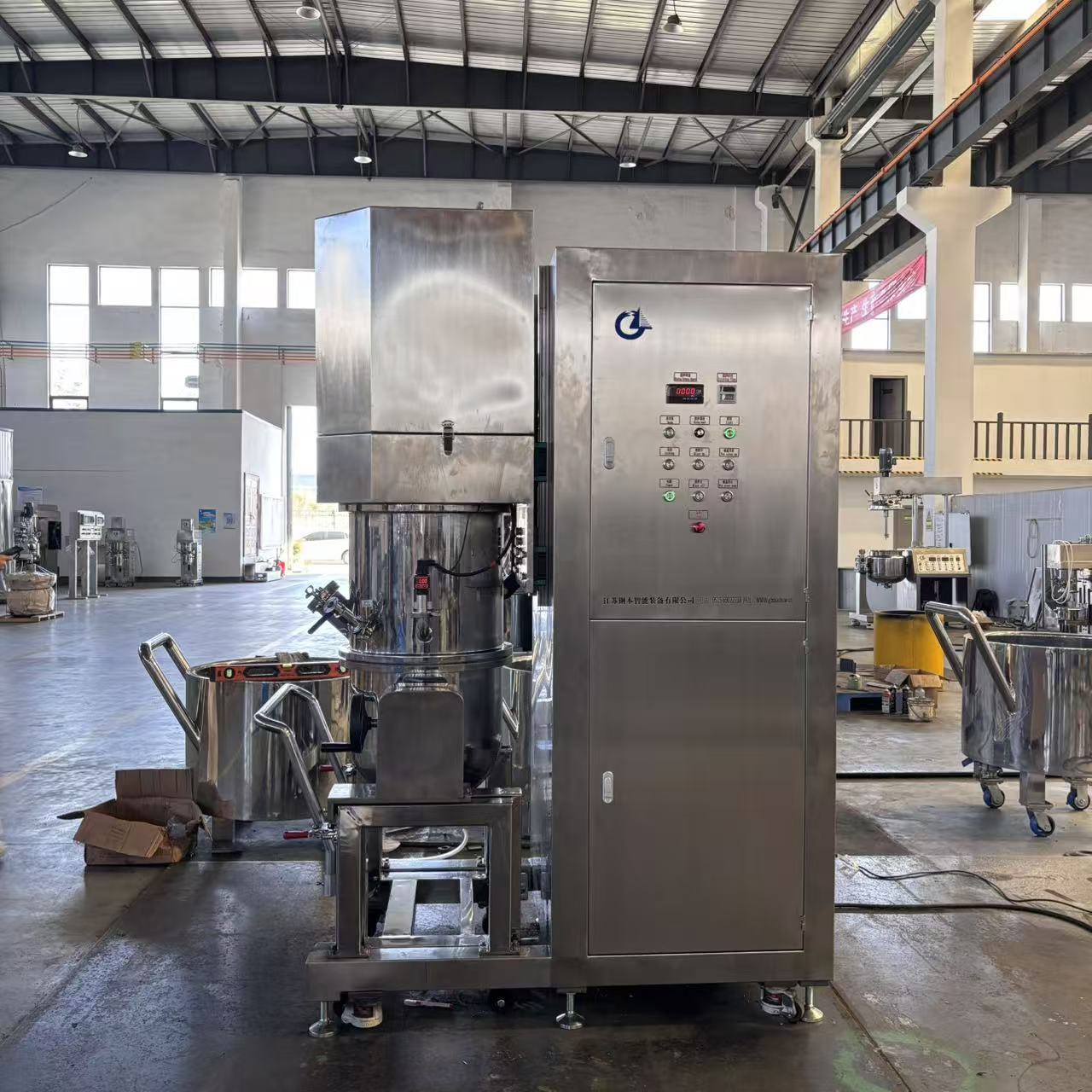
DCS Integration: Smart Control for Consistency
Seamless integration with the manufacturer’s DCS system was transformative. Real-time data on agitation speed, temperature, and torque fed into centralized monitoring, enabling automated adjustments. For example, when flux viscosity spiked, the system increased rotational speed by 15% to maintain homogeneity—reducing manual intervention by 65%.
Outcomes
Post-implementation, the manufacturer saw a 92% reduction in material waste, a 28% boost in production throughput, and consistent alloy quality (verified via ultrasonic testing). Long-term savings from energy efficiency and defect reduction exceeded the equipment’s investment cost within 14 months.Customized twin-shaft planetary mixers prove that precision engineering, aligned with specific manufacturing challenges, is key to unlocking productivity in steel production. As material demands evolve, such tailored solutions will remain essential for staying competitive.
News
- Latest News
- Solutions
- FAQ
Recommend Products
-
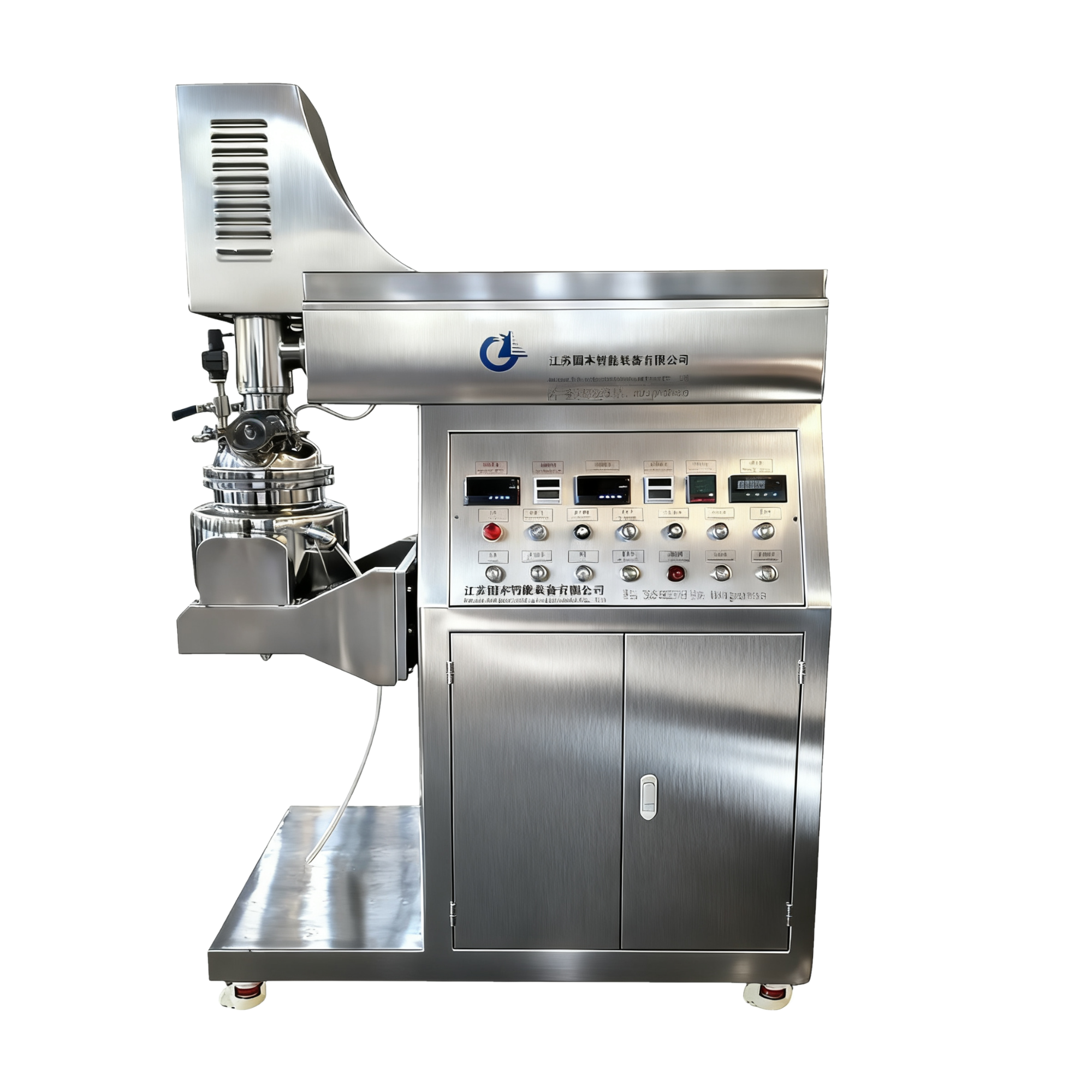 5L Vacuum Emulsifying Homogenizer Mixer
5L Vacuum Emulsifying Homogenizer MixerThe 5L vacuum emulsifying mixer is a device designed for emulsifying and mixing various substances in a vacuum environment. This equipment is equipped with a mixing tank with a capacity of 5 liters and is widely applied in industries such as food, pharmaceuticals, cosmetics, and pesticides.
-
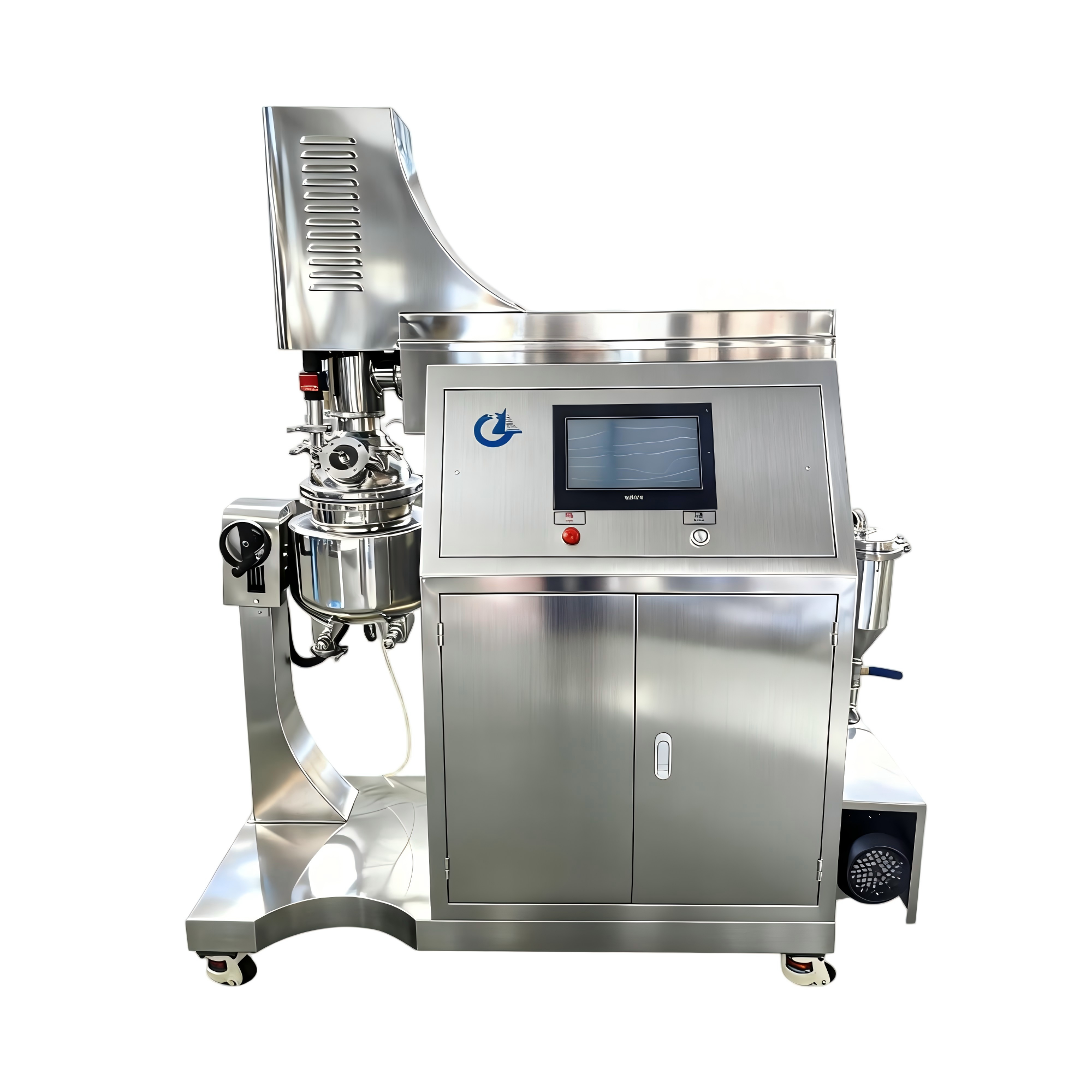 5L PLC-Screen Vacuum Emulsifying Mixer
5L PLC-Screen Vacuum Emulsifying MixerThe 5L PLC-Screen Vacuum Emulsifying Mixer is a device designed for emulsifying and mixing various substances in a vacuum environment. This equipment is equipped with a mixing tank with a capacity of 5 liters and is widely applied in industries such as food, pharmaceuticals, cosmetics, and pesticides.
-
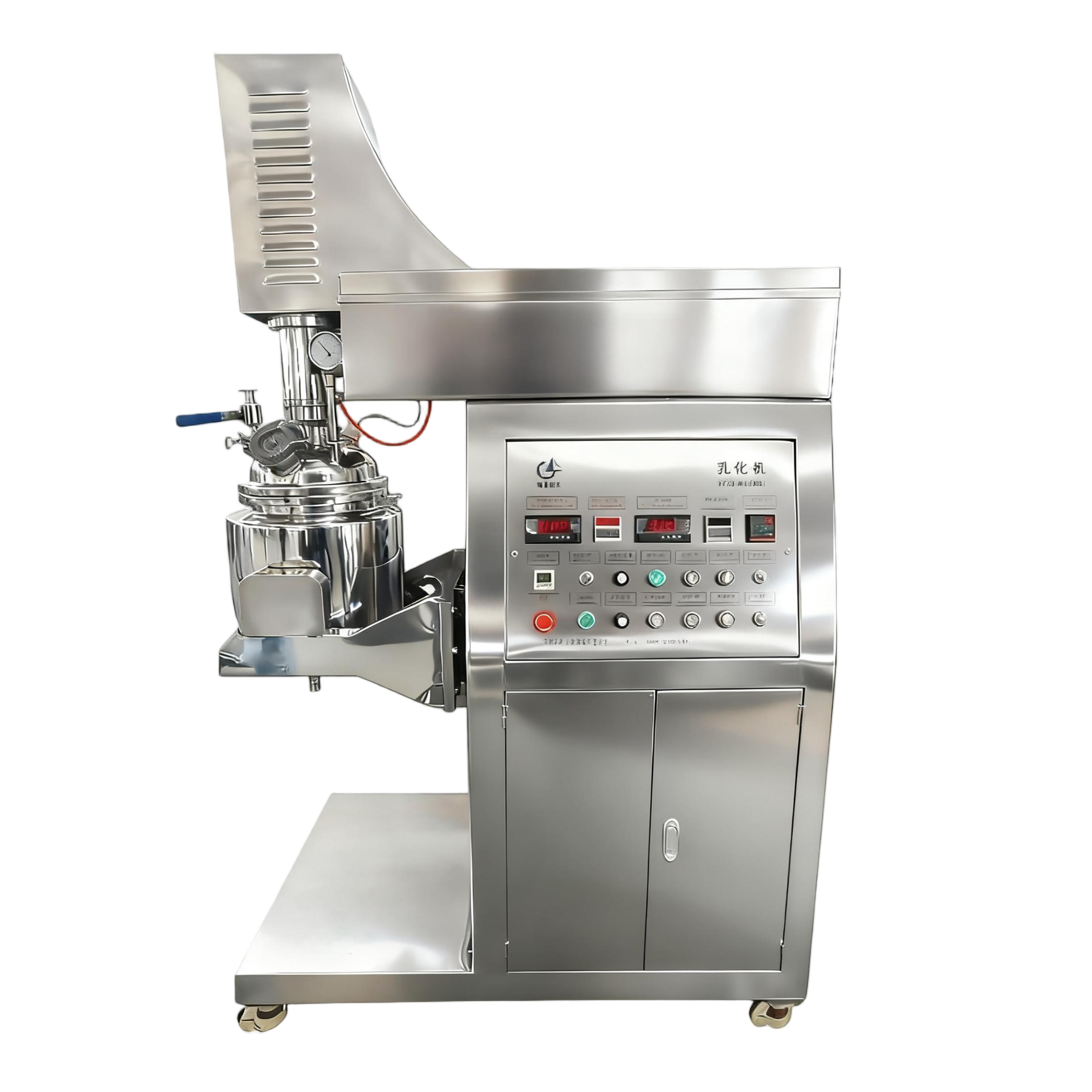 10L Vacuum Emulsifying Homogenizer Mixer
10L Vacuum Emulsifying Homogenizer MixerThe 10L Vacuum Emulsifying Mixer is a device used for emulsifying and mixing various substances in a vacuum environment. It is commonly used in industries such as food, cosmetics, and pharmaceuticals.


 English
English Russian
Russian French
French Spanish
Spanish Portuguese
Portuguese Korean
Korean Japanese
Japanese Thai
Thai